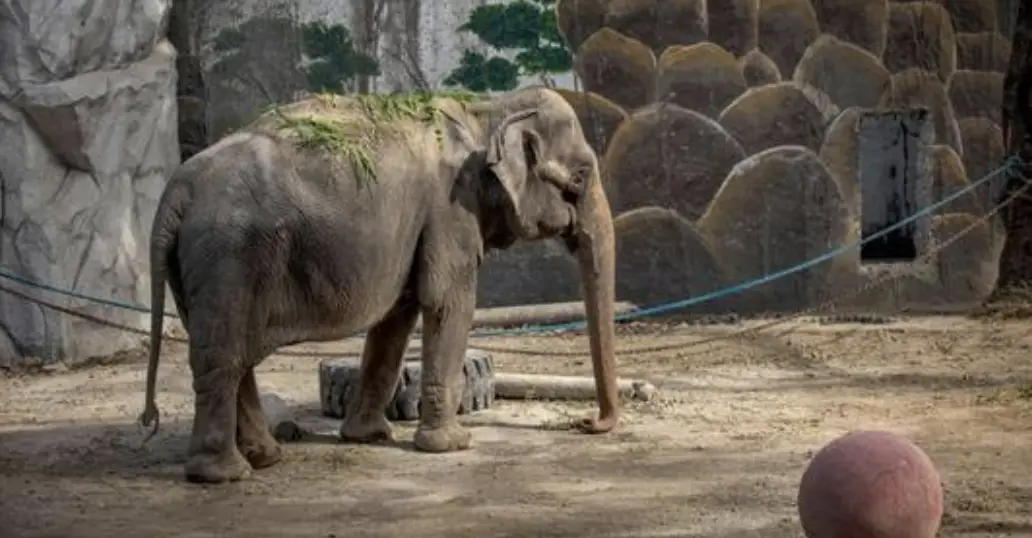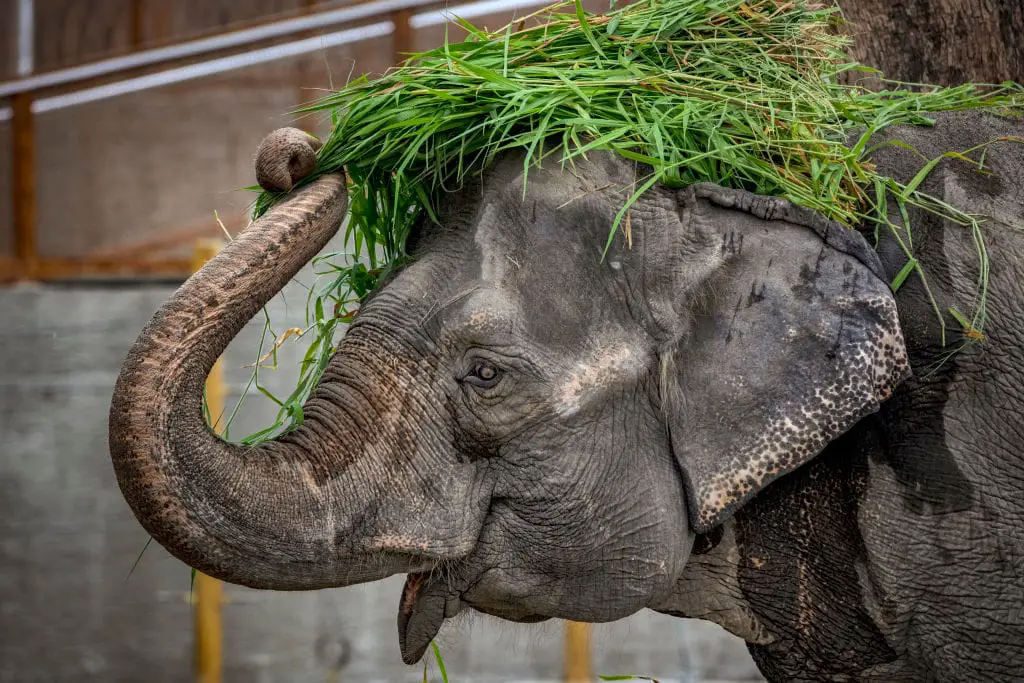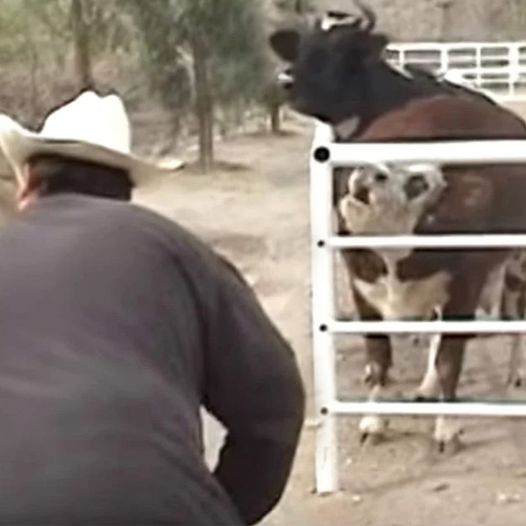
Numerous animals endure a lifetime of captivity, with some even experiencing isolation from their own species. This unfortunate reality persisted for decades for Mali, an elephant known as the “saddest elephant in the world,” confined to a zoo in the Philippines.
Regrettably, the recent announcement of Mali’s passing at the age of 49 revealed that, despite persistent efforts to secure her freedom, she ultimately succumbed to captivity.
We’re so sorry, Mali. You deserved better 😔💔
Thank you to everyone who rallied for her release, from Dr. Jane Goodall & Sir Paul McCartney to a host of Filipino stars and thousands of schoolchildren 🫶https://t.co/xLLiI0fKBf pic.twitter.com/cLeMjoLPgL
— PETA Asia (@PETAAsia) November 29, 2023
Mali, often referred to as the “world’s loneliest elephant,” spent nearly her entire life at the Manila Zoo in the Philippines. Despite being a star attraction for zoo visitors, her situation drew the attention of animal activists who expressed concerns about her well-being.
As reported by BBC News, Mali, whose full name is Vishwa Ma’ali, was a gift from the Sri Lankan government to first lady Imelda Marcos when she was just 11 months old. Following the death of the Manila Zoo’s other elephant, Shiva, in 1990, Mali found herself solitary, becoming the sole captive elephant in the Philippines.
Animal activists voiced concerns not only about Mali’s isolation from her own kind but also about the substandard conditions at the zoo, advocating for her release to a sanctuary. Leading the charge, animal rights group PETA teamed up with music icon Sir Paul McCartney, branding Mali as the “world’s loneliest elephant.”
The “Free Mali” campaign gained momentum, with McCartney penning a letter to Philippine President Benigno Aquino III, urging the transfer of Mali to a sanctuary in Thailand. McCartney wrote, “With the stroke of a pen, you can bring an end to her suffering, and I urge you, with all my heart, to please direct that Mali be given that joy now.”
Despite the widespread support from celebrities such as Pamela Anderson, Morrissey of The Smiths, and Jane Goodall, Mali spent the remainder of her life at the Manila Zoo. Officials argued that Mali, accustomed to the captivity she was raised in, wouldn’t fare well in the wild.
While Mali continued to be a beloved attraction at the Manila Zoo, especially popular among children, the efforts to secure her release persisted. Notably, Mali provided entertainment to visitors even during the zoo’s use as a COVID-19 vaccination center the previous year.

The announcement of Mali’s death came during a press conference yesterday, delivered by Manila Mayor Honey Lacuna. Mayor Lacuna shared that visiting Mali at the zoo held a special place among her favorite childhood memories, as reported by the BBC.
The zoo’s chief veterinarian, Dr. Heinrich Patrick Peña-Domingo, disclosed that Mali had been showing signs of discomfort, rubbing her trunk against the wall. Despite receiving medication, she passed away that afternoon. An autopsy revealed cancer in her organs and a blockage of her aorta.
The news elicited a mix of heartbreak and outrage from animal activists, who expressed their dismay that, despite years of campaigning, Mali ultimately passed away while in captivity, the same way she had lived for nearly 50 years.

PETA Asia conveyed their poignant message in a release, stating, “Because of indifference and greed, Mali the elephant passed away in the same manner she had lived for nearly 50 years: isolated in a concrete pen at the Manila Zoo.” They further emphasized that the Manila Zoo, along with the city of Manila, subjected Mali to decades of solitary confinement, a particularly tormenting condition for female elephants that naturally thrive in the company of their mothers and sisters, engaging in protective and nurturing behaviors.
PETA Asia asserted that Mali’s demise resulted from inadequate care and treatment, alleging that zoo staff failed to promptly recognize and address her medical issues. They contended that had Mali been relocated to an elephant sanctuary, she could have received expert medical attention. The organization called for accountability for those who denied her veterinary care and impeded her transfer to a sanctuary, holding them responsible for contributing to Mali’s suffering.
Additionally, PETA Asia urged the government of Sri Lanka to reconsider plans to send another elephant to the Manila Zoo.
The World Mourns Mali, the Elephant Who Spent Decades Alone at the Manila Zoo.
PETA is calling on the government of Sri Lanka @Min_of_Env_SL to halt possible plans to transfer another elephant to the Manila Zoo.https://t.co/xLLiI0fKBf pic.twitter.com/RsD4b8sYEd
— PETA Asia (@PETAAsia) November 29, 2023



